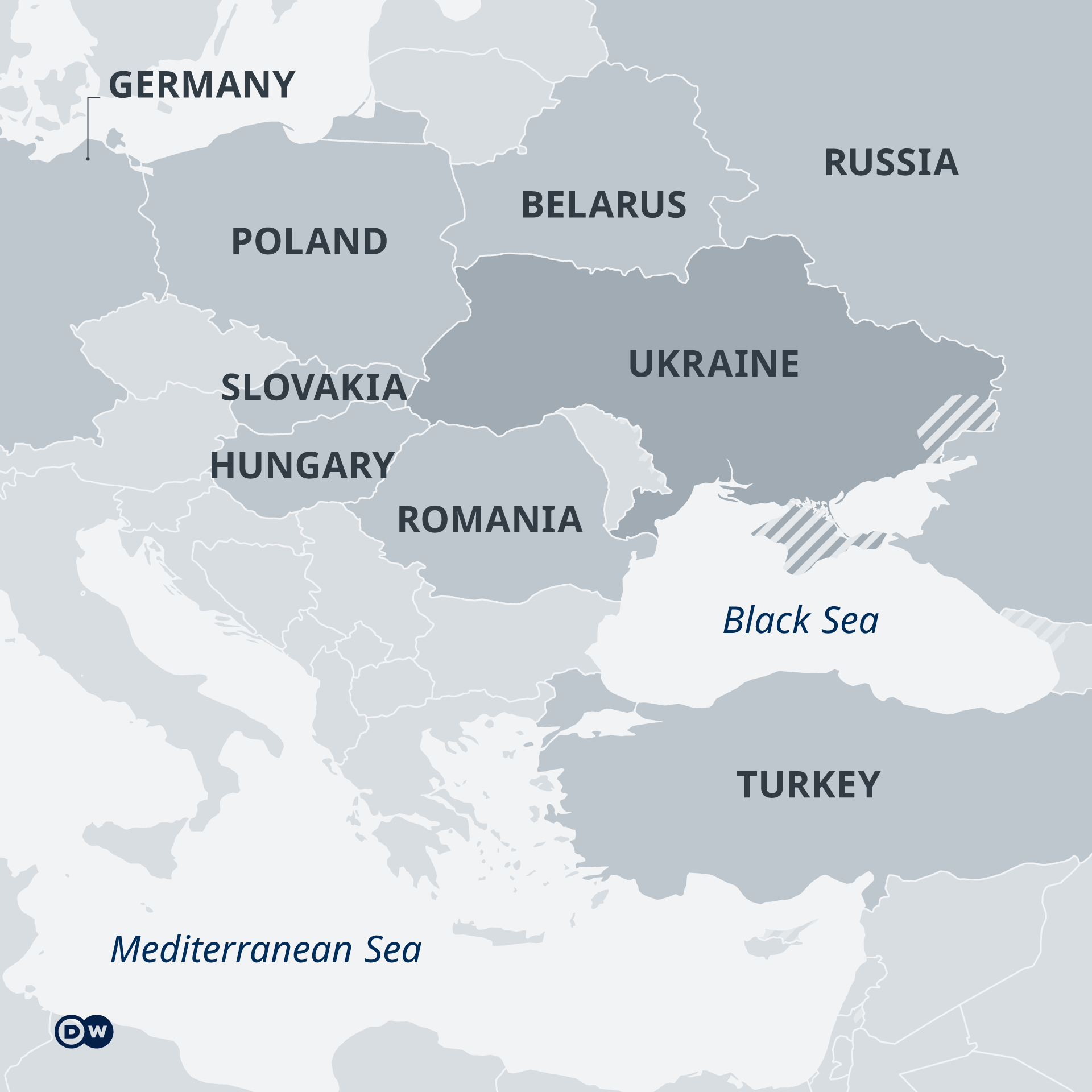Angela Cullen and Birgit Jennen
Mon., February 28, 2022


Germany is getting ready to prolong the use of coal as the country seeks to reduce its reliance on Russian energy in the aftermath of Moscow’s invasion of Ukraine.
Coal plants could run beyond 2030 -- when Germany currently targets an end for the fuel -- but the ultimate goal is greater energy independence through renewable power, said Robert Habeck, vice chancellor and minister for economy and energy.
“Energy policy is security policy,” Habeck said on Monday prior to talks with European Union counterparts. “Strengthening our energy sovereignty strengthens our security. Therefore, we must first overcome the high dependence on Russian imports of fossil fuels -- a warmonger is not a reliable partner.”
Germany, which gets more than half of its gas from Russia, has undergone a rapid shift in policy in reaction to the assault on Ukraine. Alongside a massive boost in defense spending, Chancellor Olaf Scholz announced on Sunday plans to build two new liquefied natural gas terminals, signaling a longer term realignment of Germany’s energy sector.
Even before the invasion, Scholz halted the certification process for the Nord Stream 2 pipeline built to bring more Russian gas directly to Germany and bypass transit through Ukraine.
Germany is now looking at short- and long-term measures to safeguard its energy market from any possible abrupt cutoff of Russian gas. Habeck, the former co-leader of the anti-nuclear Green party, even said he wasn’t “ideologically opposed” to extending the use of the country’s last reactors, but safety is a concern.
“There are no taboos,” Habeck said in an interview late Sunday with public broadcaster ARD. “The real path to independence in terms of energy policy is actually to phase out fossil fuels. The sun and the wind don’t belong to anyone.”
The Economy Ministry is proposing that Germany generate all of its electricity from renewable sources by 2035, 15 years earlier than originally planned, according to a tweet from a ministry official.
The energy rethink has broad backing in Germany’s ruling coalition. Finance Minister Christian Lindner -- from the business-friendly Free Democrats -- on Sunday called renewable power “freedom energy” as it would help reduce reliance on Russia and said he supports the efforts to push ahead with an expansion of hydrogen and synthetic fuels.
“I strongly urge that we review our foreign energy policy,” he said in an ARD interview late Sunday. “This is now all the more pressing.”
‘Pick and Choose’
Germany wants to reach a point where it can “pick and choose which countries we want to build energy partnerships with,” Habeck told ARD. “Being able to choose also means that you can become independent from Russian gas, coal or oil.”
While Germany can manage without Russian gas for the coming months, the country would have to expand its purchasing strategy significantly for next winter, he said.
Read More: European Gas Jumps as Sanctions Spur Energy Shortage Concerns
Coal could help offset the use of Russian gas, but relying on the most polluting fossil fuel also has its own security risks, Habeck said.
“Running for longer means a longer dependence on coal, possibly also from Russia. Or we get it somewhere else,” he said. “But it’s another form of dependence.”
Foreign Minister Annalena Baerbock -- also a former co-leader of the Greens -- said an extended use of coal is “the price that we all have to pay for this war.”
Nuclear is unlikely to be a short-term fix, since the country’s last three reactors are already in the process of being wound down.
“The preparations for shutting down are at such an advanced stage that the atomic power plants could only be operated for longer under the highest security concerns and possibly with fuel supply that hasn’t yet been secured,” Habeck said. “That’s certainly
©2022 Bloomberg L.P.
























